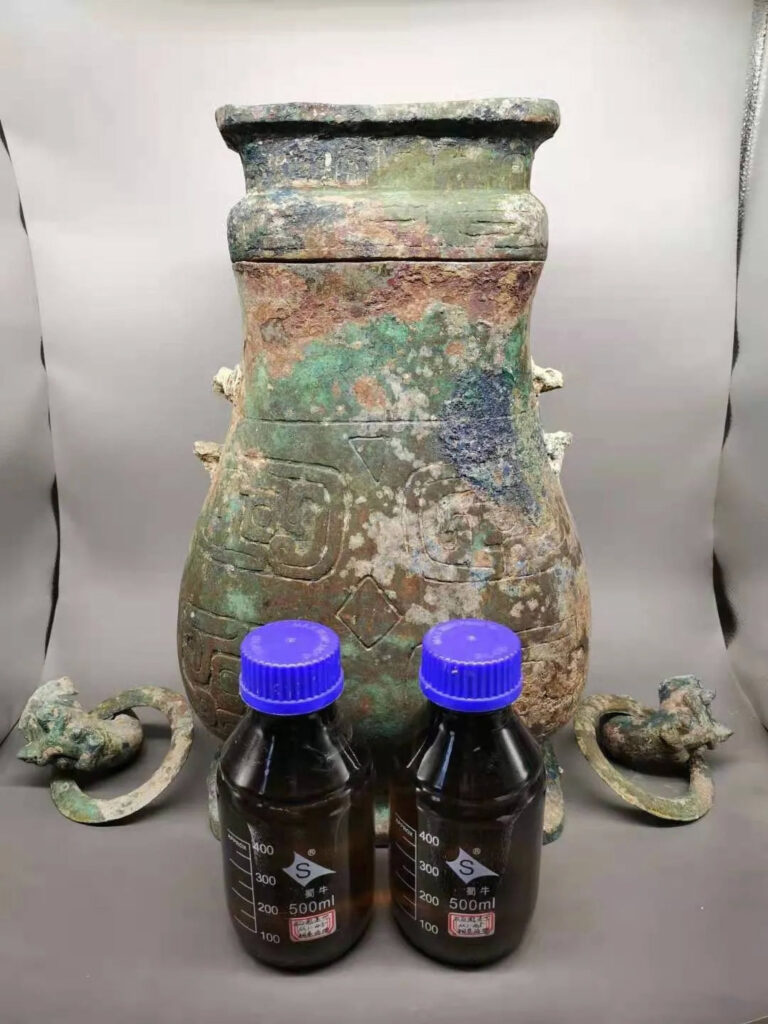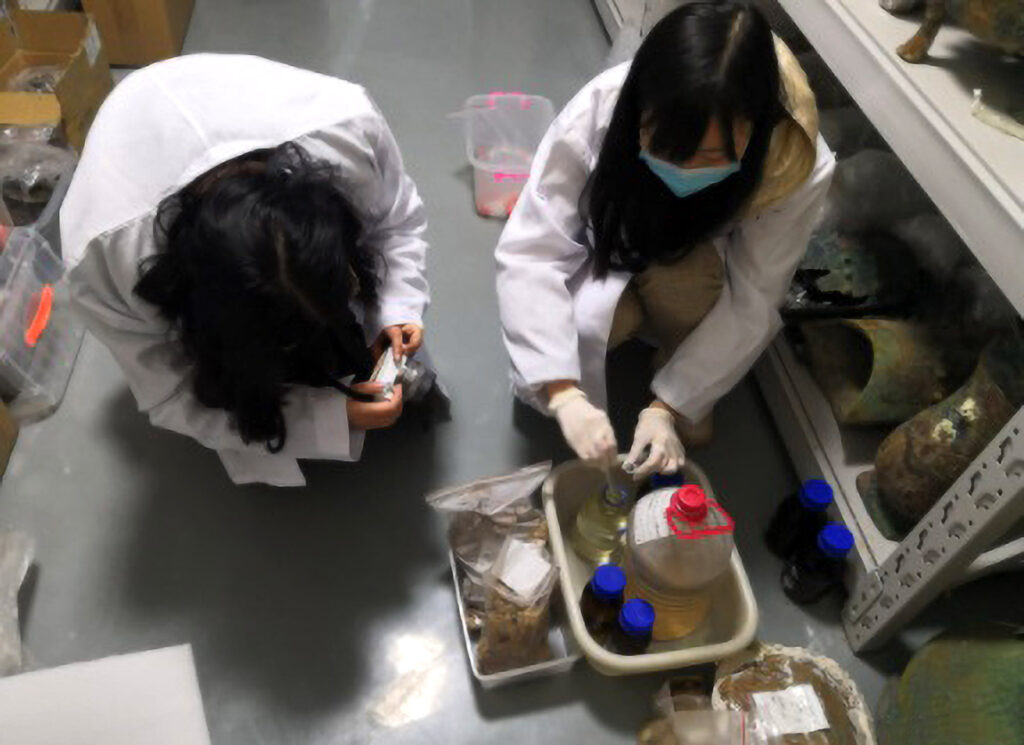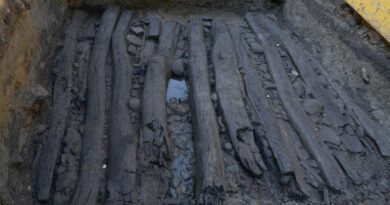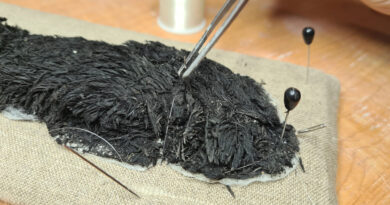Chinese Noblewoman Buried with Wine for the Afterlife
Historians are hoping to get label insight into ancient winemaking techniques after confirming that wine remnants unearthed in containers in the grave of a Chinese aristocrat were fermented before the birth of Christ.
The 2,700-year-old wine remains found sealed inside copper pots are considered of great significance for exploring the origin, brewing and consumption of ancient wine during the Zhou Dynasty, which ruled Ancient China from 1045 BC to 256 BC.
The wine remains were unearthed in the Beibai Goose Cemetery in Yuanqu County, in the north Chinese province of Shanxi, and the latest research was released on 15th March.

The researchers discovered what was at the time unspecified liquid residues in copper pots found in the ancient cemetery, containing organic compounds such as ethanol, acetic acid and ethyl acetate. The scientific analysis confirmed that the liquid was the remains of ancient fruit wine.
The research was led by Professor Yang Yimin from the Department of Archaeology and Anthropology of the University of Chinese Academy of Science in cooperation with the Shanxi Provincial Institute of Archaeology. From April to December 2020, the team carried out excavations at the ancient noble female cemetery, believed to be a public cemetery of a family branch of the Eastern Zhou Dynasty, the longest-lasting Chinese dynasty history.

They found 9 high-level tombs and unearthed more than 500 specimens of cultural relics. Among them were ancient cosmetics and essential oils, which were confirmed to be the earliest women’s cosmetics in China’s Central Plains known to date. According to researchers, the wine discovered was around 2,700 years old, and it has filled the gap in the research of fruit wine from the pre-Qin period (221 to 206 BC).
Being buried underground for thousands of years has caused great changes in the chemical composition of ancient wines. The wine has also been polluted by groundwater and microorganisms, making it extremely difficult to analyse and extract information. The research on the ancient wine residues continues, using different scientific analysis methods, including biomarker detection, plant microfossil analysis and DNA analysis.



